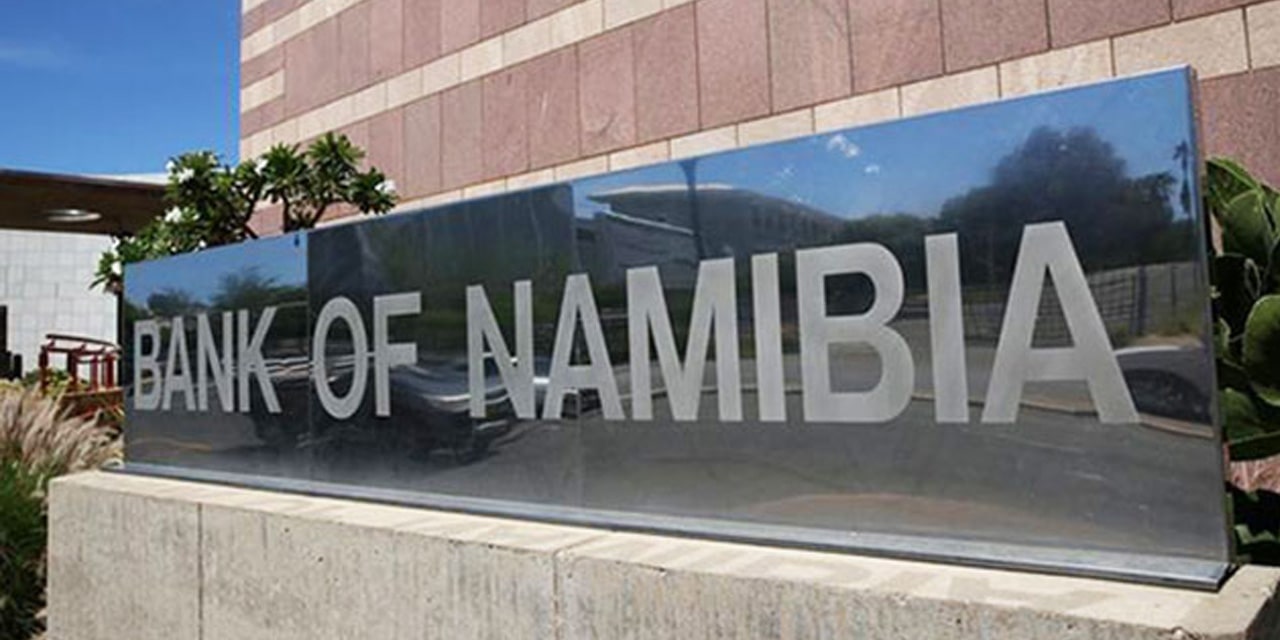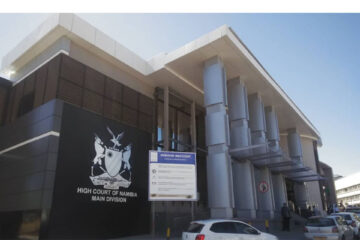Martin Endjala
Despite the central bank’s move to reduce interest rates from 7.75% to 7.50%, economists argue that the 25 basis points are not sufficient to address the high cost of living.
On 14 August, the Monetary Policy Committee (MPC) of the Bank of Namibia (BoN) decided to reduce the repo rate by 25 basis points (bps) to 7.50%.
According to the BoN’s governor, Johannes !Gawaxab, the decision was made following a comprehensive review of domestic, regional and global economic developments.
In reaction to the announcement, independent bank researcher and economist, Josef Sheehama told the Windhoek Observer that the BoN made a bold move by lowering the repo rate.
“Although this implies that there will be a 75 basis point difference between South Africa and Namibia, I am shocked and relieved. 25 basis points lowered interest rates. The reduction in interest rates is good news for Namibian homeowners and potential purchasers,” he said.
Sheehama said that the reduction in the repo rate is undoubtedly encouraging for prospective buyers, as lower mortgage rates will follow.
Despite the fact that 25 basis points won’t significantly alter the situation for buyers today, he thinks the drop signals the start of a trend towards lower rates, which will lead to a decline in mortgage expenses.
“While the rate drop won’t significantly affect mortgage costs right now, a downward trend could encourage prospective buyers to step up their house hunt as confidence in the economy grows,” he pointed out.
He believes that the repo rate cut offers relief in the form of a reduction in bank lending rates.
He said this would give borrowers some leeway in managing their cash flow during these difficult times so that they can continue paying their debts.
“A lower repo rate may stimulate businesses to borrow money and make expansionary investments, which could increase economic activity,” he said.
However, he cautioned that this could be bad news for investors because a lower repo rate may compel foreign investors to withdraw their funds for higher returns, weakening the currency’s value.
Economist, Helena Tunga Mboti said the BoN’s move is a welcome development, as it is in line with a disinflation trend and the positive outlook of the Namibian economy.
She described the move as a positive signal, citing consumer strain.
“I’m cautiously optimistic, as a 25-bps cut is not enough to have a material impact on disposable income. It will provide some relief and is a strong signal that inflation in Namibia is indeed tamed, but as the MPC highlighted, interest rates remain elevated,” she said.
The BoN governor clarified that the banks understand that interest rates remain high, but the BoN remains focused on its mandate.
He said the bank’s mandate is to ensure that inflation rates stay low and the country’s currency value is protected, hence the cut in interest rates to continue supporting the domestic economy while simultaneously safeguarding the peg between the Namibian dollar and the South African Rand.
“Over the past 18 months, we have had a restricted monetary policy, which is put down to inflation. You can see that inflation is coming down, slowing down to an average of 4.7% to 4.4% in 2024 and 4.9% in 2025,” he said.
He said domestic inflationary pressures have continued to ease year-to-date. On average, inflation slowed to 4.8% during the first seven months of 2024, down from 6.2% recorded during the same period in 2023.
The governor observed that the relatively lower average food inflation primarily drove the disinflation. PSCE growth rose from 1.6% in April 2024 to 3.2% in May 2024, before dropping to 1.8% in June 2024.
“In Namibia, economic activity remained on a recovery path but with a lower growth rate forecast for 2024, partly due to drought-induced setbacks,” he said.
The growth in Private Sector Credit Extension (PSCE) slowed to 2.0% during the first half of 2024, compared to 2.8% recorded in the corresponding period in 2023.
Overall, tight lending conditions, declining real incomes, and a restrictive monetary policy continue to restrain PSCE growth.
Commercial banks are accordingly expected to reduce their lending rates by 25 basis points and quickly transmit the interest relief to borrowers. Therefore, the bank’s prime lending rate will decline from 11.50% to 11.25%.
National Council MP Paulus Mbangu applauded the MPC for opting to reduce the repo rate, stating this will lower the cost of borrowing money from banks as banks will now also lower their interest rates.
He said that this move will also give buyers purchasing power.
He, however, called on the bank to investigate the food prices, which, in his opinion, have become unaffordable.
“Food is a basic need and with the cost of living so high, we cannot have a situation where people cannot afford food. The central bank must come in to look into it,” he said.
The next MPC meeting will be held on 14 and 15 October 2024.




